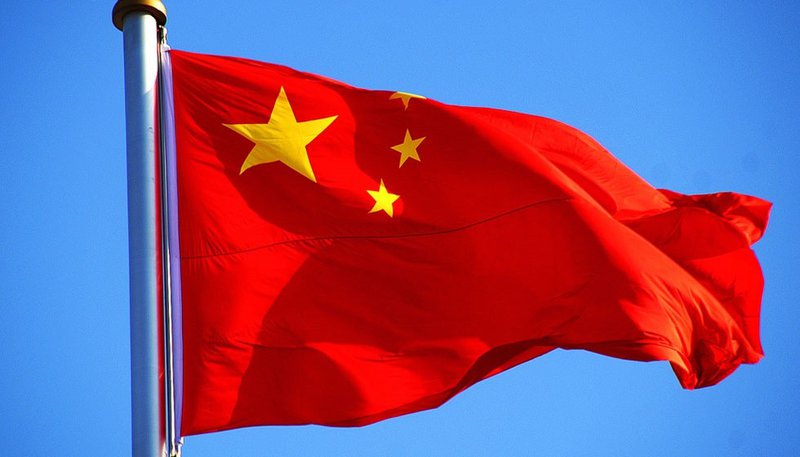Australia accuses China of paying bribes to win deals
Updated | By AFP
Australia's defence minister on Sunday accused China of paying bribes to win international deals but refused to say if the corruption extended to Beijing's newly signed defence pact with the Solomon Islands.

Peter Dutton made the remarks as his conservative government faced questions in the run-up to May 21 general elections about how China apparently outmanoeuvred Australia by securing the agreement.
The deal shocked the Solomon Islands' traditional allies Australia and the United States, which fear it may give China a military foothold in the South Pacific less than 2,000 kilometres (1,200 miles) from Australia's coast.
"The Chinese don't play by our rules," Dutton said.
"If you look at what has happened in Africa, there are corrupt payments being made," he told Sky News Australia. "We can never compete with that sort of playbook. We have values and we have the rule of law that we abide by."
Asked specifically if he believed corrupt payments were made to forge China's deal with the Solomon Islands, which was announced by Beijing on April 19, the minister said he could not comment.
"The reality is that China has changed," he added.
"China's incredibly aggressive acts of foreign interference, the preparedness to pay bribes to beat other countries to deals: that's the reality of modern China."
A draft of the pact shocked countries in the region when it was leaked last month, particularly measures that would allow Chinese naval deployments to the Solomons.
Senior opposition Labor Party MP Jim Chalmers accused Prime Minister Scott Morrison's government of "undermining our national security with all of this chest-beating on China at the same time as their incompetence has meant that China is setting up on our doorstep".
A White House delegation visited the Solomon Islands capital Honiara on Friday to warn of repercussions if China was to establish a permanent military presence in the Pacific nation under the new agreement.
The White House said the officials had told Prime Minister Manasseh Sogavare that the recently signed pact had "potential regional security implications" for Washington and its allies.
- 'No military base' -
"If steps are taken to establish a de facto permanent military presence, power-projection capabilities, or a military installation, the delegation noted that the United States would then have significant concerns and respond accordingly," the White House said in a statement.
National Security Council Indo-Pacific Coordinator Kurt Campbell and Assistant Secretary of State for East Asian and Pacific Affairs Daniel Kritenbrink led the delegation, which also included Pentagon officials.
According to the White House statement, "Sogavare reiterated his specific assurances that there would be no military base, no long-term presence, and no power projection capability, as he has said publicly".
Sogavare's government severed ties with Taiwan in September 2019 in favour of diplomatic relations with China, unlocking investment but stoking inter-island rivalries.
Last November, protests against Sogavare's rule sparked violent riots in the capital, during which much of the city's Chinatown was torched.
While the unrest was partly fuelled by poverty and unemployment, anti-China sentiment was also cited as playing a role.
When asked about China's influence in the Pacific, Australia's prime minister told reporters Friday that Beijing was exerting "enormous pressure" on leaders of Pacific island nations.
Chinese foreign ministry spokesman Zhao Lijian in turn accused "Australian politicians" of "coercive diplomacy" in the region.
Show's Stories
-
Heartwarming moment brothers meet after twenty years
It's the way they embraced one another that got us choked up.
The Workzone with Alex Jay 11 hours ago -
Three Mother's Day crafts you can do with the kids
In case you had a busy week and couldn't get a nice Mother's Day gift fo...
The Workzone with Elana Afrika-Bredenkamp 11 hours ago